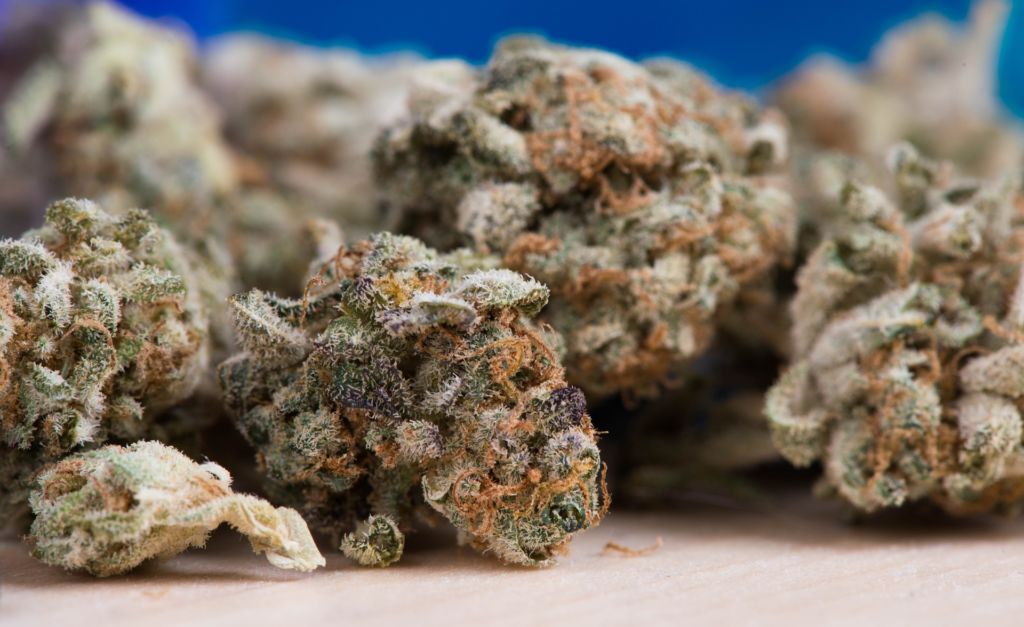Can We Please Not Turn Malta’s Upcoming Cannabis Debate Into A Partisan Tit For Tat?

Parliament will reconvene in a few days’ time and one of the first bills set to be tabled is a long-overdue proposal to reform the country’s cannabis laws.
This bill will be the upshot of a white paper that was launched for public consultation last March and will clarify once and for all where the government stands on the issue.
Malta’s cannabis community (amounting to an estimated 40,000 people) has been awaiting this bill for a while. Unless the government backtracks following pressure by anti-cannabis NGOs, the bill will allow people to grow up to four cannabis plants at home, avoid arrest if found with up to 7g of weed, and face a tribunal (rather than a full-blown court case) if found between 7 to 28g.
Crucially, the bill also proposes the expungement of criminal records related to cannabis possession, which will come as a huge relief to people whose career prospects have taken a hit because of something they did which is no longer considered a crime.
So far, there has barely been any political controversy about the bill, defying naysayers who have warned that Maltese society is simply not ready for cannabis reform.
The Labour Party has called for full legalisation, along with the formation of social clubs, while the Nationalist Party has not taken a stance either way, clearly reflecting internal disagreement on the way forward.
However, that all changed last week when Opposition leader Bernard Grech said in an interview with ONE TV that the government has yet to even publish a white paper on cannabis reform.
It was a silly comment which was immediately pounced upon by Reforms Minister Owen Bonnici, while Labour’s youth wing seized the opportunity by cheekily sending Grech a copy of the white paper.
Grech has clarified that his comment was meant to imply that the white paper was pointless because it didn’t clarify how people will be able to procure cannabis through a draft bill.
Indeed, the white paper notes that Malta signed three UN conventions in 1961, 1971 and 1988 which make it mandatory for states to criminalise the production, sale, and possession of cannabis for non-medicinal or scientific purposes and that these conventions have been adopted by the EU when implementing the Schengen Agreement in 1985.

However, Prime Minister Robert Abela has publicly acknowledged that the cannabis reform bill must give people some kind of legal outlet from which to purchase cannabis and cannabis seeds or it will only incentivise users to turn to the black market, defeating the entire purpose of the bill.
This issue will probably be the main bone of contention in the upcoming parliamentary debate.
Certainly the two issues – liberalisation of cannabis use and adhering to international and EU obligations – don’t have to contradict each other. Spain allows cannabis social clubs, the Netherlands allows cannabis coffee shops, and Italy could be set to hold a referendum on the liberalisation of cannabis use; all three countries are part of the Schengen Zone.
But Malta now really needs its political forces to get around the table to discuss the way forward.
There are three options really. Either we keep the status quo where cannabis users are treated like criminals or drug addicts, or we decriminalise further without providing a legal outlet where people can buy the plant in the knowledge that doing so will only strengthen the black market, or we provide some kind of legal outlet.

If the government intends to water down the white paper, present a half-baked reform and use Grech’s recent silly comments as political ammo to convince cannabis users that even a poor bill is better than what the other side has to offer, it will be nothing but a betrayal of its own promises.
If the opposition intends to focus its energy on these treaties and criticise the government for whatever proposal it comes up with without proposing a way forward itself, it will be nothing but a huge cop-out that won’t attract a single potential voter to their party.
In the grand scheme of things, cannabis reform may not seem as pressing an issue as getting Malta off the FATF grey list or rebuilding the economy in the wake of the COVID-19 pandemic, and some politicians will probably be tempted to pass a ‘compromise’ bill to avoid as much controversy as possible or to put the reform on the back burner altogether.
But make no mistake about it; the upcoming debate provides a golden opportunity for the Maltese Parliament to deliver true justice to the thousands of cannabis users in the country and place the country in the international spotlight for something positive.
Let’s see if they’re truly ready to ‘be the change’ and ‘renew Malta together’.
Should Malta legalise cannabis for personal use?